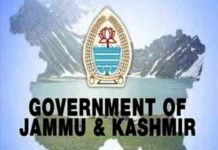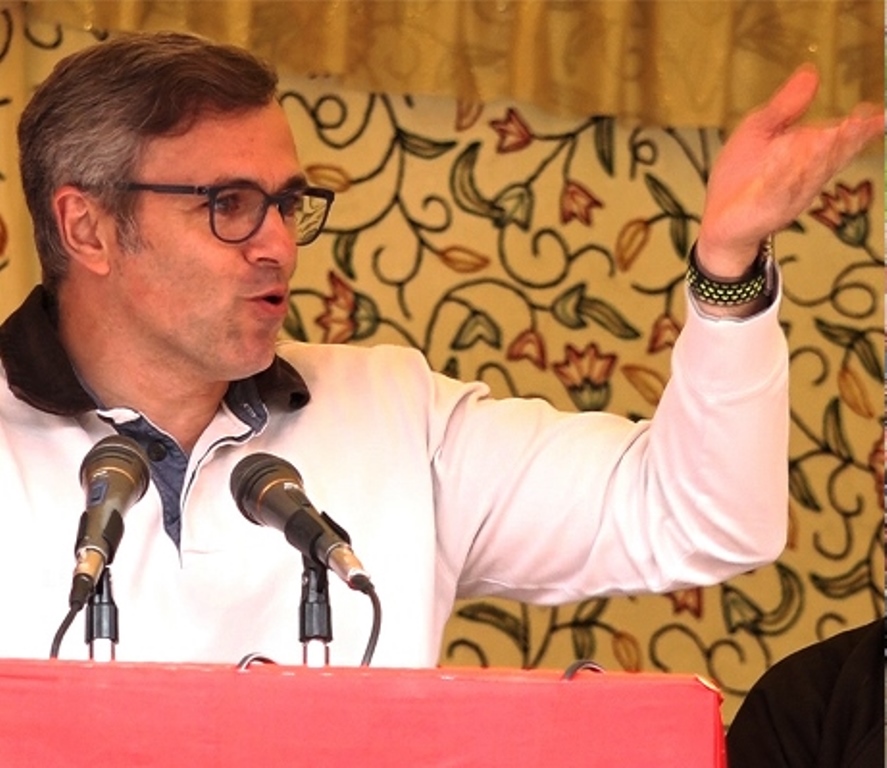SRINAGAR: As the petition on prevention of unscientific dumping of waste and encroachment of wetlands was listed recently before the Principal Bench of the National Green Tribunal (NGT), the Jammu and Kashmir Chief Secretary A K Mehta assured the tribunal that the execution of action plans will be overseen on regular basis by him along with the Commissioner Secretary Environment & Forest.
The NGT also directed Mehta to consider the suggestions of the petitioner Raja Muzaffar Bhat who has suggested that local preachers, nonprofits, theatre groups, and religious leaders be involved in creating awareness on conservation of Kashmir’s wetlands—particularly Hokersar, Wullar, and Kreentchoo-Chandhara wetland reserves.
The case titled ‘Dr Raja Muzaffar Bhat vs State of J&K and others’ was listed before the Principal Bench headed by Justice A K Goel on Thursday, November 25, 2021.
The counsel of the petitioner Advocate Saurabh Sharma told the NGT panel that the J&K administration had not acted upon the previous orders and advisories of the tribunal as only paper work was being done and wetlands — especially Wullar and Hokersar — were being encroached and polluted by dumping solid and liquid waste into them.
During the hearing, the petitioner Raja Muzaffar also suggested monthly meetings on waste management in wetlands, of which a status report be submitted to the Tribunal. He also sought directions for monitoring and assessment of the condition of wetlands—if it is improving, neutral, or declining, and a report of which be submitted to the Tribunal monthly.
The NGT principal bench in its written order said: “We have noted the stand of the learned Chief Secretary, J&K that the execution of action plans will be overseen on a regular basis by Secretary Environment & Forest, J&K as well as by the Chief Secretary, J&K personally at least once in a month for further continuous action.” “As regards the suggestions of the applicant, the same may be duly considered by the Chief Secretary, J&K, to the extent not already considered. With regard to ensuring better water quality in the wetlands was managed the NGT order said that water quality of the wetlands with respect to BOD needs to be less than 3 mg/l, feacal coliform should meet norms and contamination due to toxic constituents either directly or through runoff from the catchment should be prevented. Biodiversity of the wetlands needs to be maintained,” reads the order.
“Monitoring of steps for compliance of Rules in relation to such Wetlands ought to be at District level by the District Magistrate, at State level by State Wetland Authority and at National level by National Wetland Authority. We are confident that such initiatives in monitoring will go a long way in protecting the Wetlands which have significant environmental functions,” reads the order.















